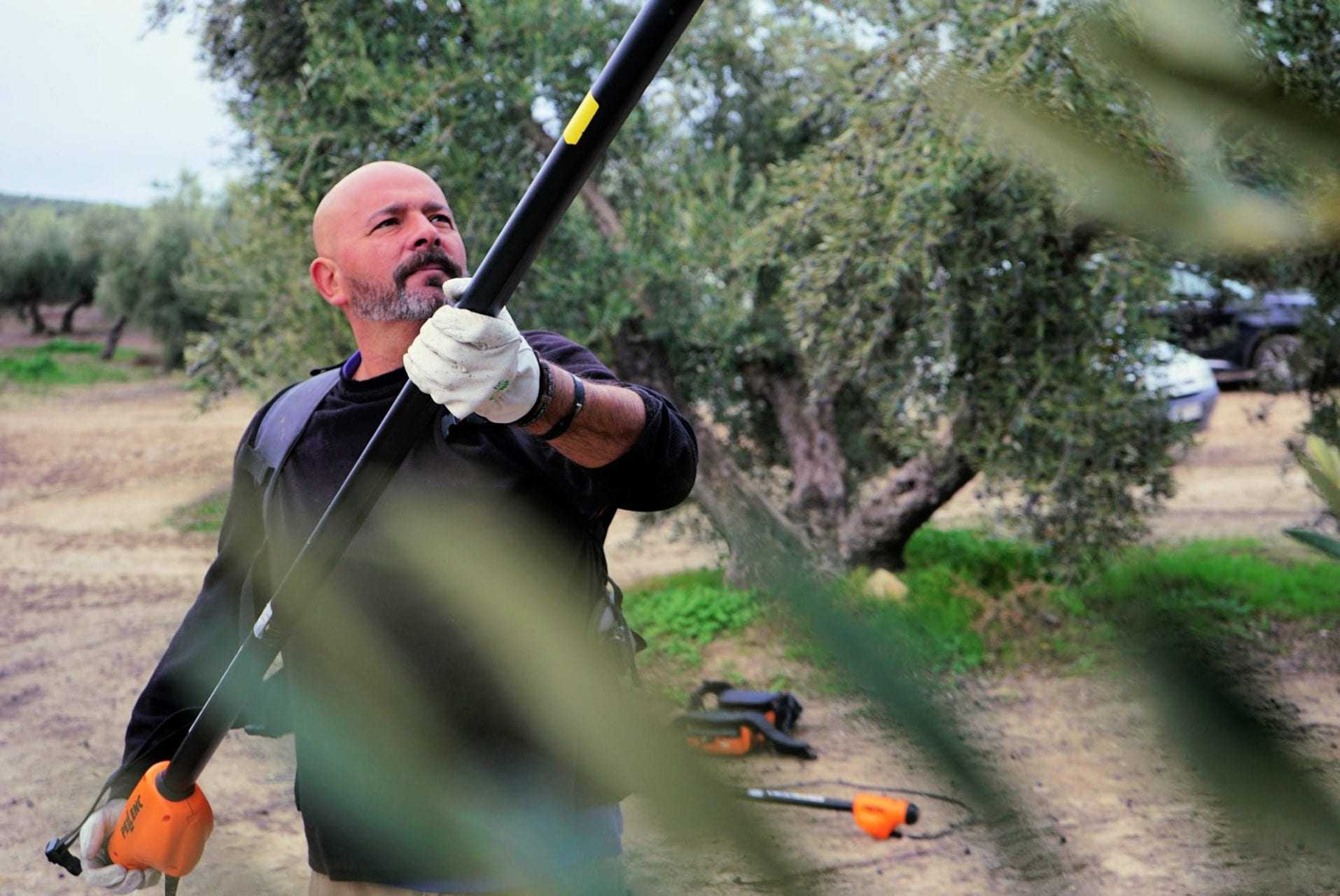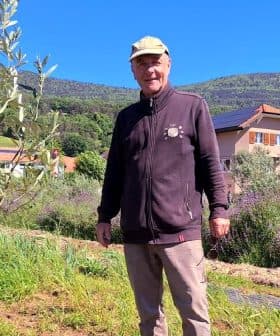Olive Oil Times Survey Shows a Better Harvest, While Challenges Persist
Producers around the world were asked to rate this year's harvest and share their concerns. Climate change, low prices and a lack of consumer knowledge are at the top of their minds.
Despite extreme weather and low prices, 62% of respondents to the Olive Oil Times 2019 Harvest Survey reported above-average to excellent yields. An even larger number of producers, 85%, rated the quality of the oil they produced as above average or excellent, with an average rating of 68 for quantity and 82 for quality.
In spite of extreme weather and low olive oil prices, 62 percent of respondents to the Olive Oil Times 2019 Harvest Survey reported above-average to excellent yields.
An even larger number of producers — 85 percent — rated the quality of the oil that they produced either above average or excellent.
With an average rating of 68 out of 100 for quantity and 82 for quality, producers widely acknowledged that 2019 was a better year than 2018 when the average rating for quantity was 54 and 74 for quality.
All the olive oil producers are very shocked and afraid of the future, because of climate change.
However, this year’s improved quality and yields did not come without its own challenges. A year of extreme weather conditions played out across the Mediterranean basin and the United States, with one in four farmers saying poor weather affected their harvest.
“The season was affected by a cold May, and a hot and rainless June, July, August and September,” one Italian olive farmer said. “The olives were fortunately healthy. Unfortunately, between October and November, it rained a lot and a lot of wind blew. Bad luck.”
Respondents in Croatia, Italy, Spain, Tunisia, Turkey and the United States reported that excessive heat, cold and untimely freezes, impacted their harvests.
See Also:2019 Harvest NewsThirty-four percent of respondents said they were affected by excessive heat, while 13 percent reported being impacted by excessive cold and freezes.
Meanwhile, farmers in Croatia, France, Greece, Italy and Turkey said they suffered both from drought (20 percent) or too much rain (17 percent).
Overall, 48 percent of respondents cited climate change as their biggest concern.
“In Greece and especially in Chalkidiki, we felt, for the first time, the results of the climate change,” one producer said. “A terrible summer hailstorm killed people, destroyed houses and knocked our olives off the trees just two months before harvesting. The phenomenon was local and we managed to save some of our olive production, but all the olive oil producers are very shocked and afraid of the future, because of climate change.
According to data recently released by the European Union climate observatory, 2019 was the second-hottest year on record on the planet and the hottest year ever in Europe.
Increasing global temperatures played a part in the droughts that continue to wreak havoc in Australia and created fuel for the fires that impacted olive growers in both California and Turkey.
“The climate is changing, that’s for sure,” one Turkish producer said. “These are the harvests that our fathers (even grandfathers) had never witnessed before.”
After climate change-related issues, 28 percent of farmers cited the olive fruit fly as a factor that affected their harvests. For many, this did not come as a surprise as high humidity brought on by too much rain created the perfect environment for the pests to proliferate.
Farmers in Croatia, France, Greece, Italy, Spain, Tunisia, Turkey and the United States suffered damage to their crops from the fruit fly. Many of the same respondents also reported they were impacted by too much rain.
Olive Oil Times 2019 Harvest Survey
“In order to prevent olive fly attacks on our organic farm, we started early with harvesting,” one Greek producer said. “The downside of this being that the environmental temperature where prohibitive for extra virgin olive oil unless you find a cool storage space.”
However, in some regions, the fruit fly managed to proliferate, even after some parts of Europe’s Mediterranean Basin experienced their highest temperatures ever recorded.
“The fly arrived early, despite the drought and the new high temperatures, attacking orchards with low loads,” one French producer said. “Many producers have effectively abandoned plant protection.”
Olive Oil Times 2019 Harvest Survey
Even with high levels of concern about the olive fruit fly, only four percent of respondents said their harvests were impacted by Xylella fastidiosa.
Aside from climatic and environmental difficulties, 29 percent of olive farmers said they were most concerned with labor difficulties. In Croatia, France, Greece, Italy, Tunisia, Turkey and the United States farmers reported having trouble either contracting mills or hiring crews to help harvest the olives.
“Conditions were excellent due to above-average rainfall and not overly excessive heat during the summer,” one Italian producer said. “Harvest conditions were ideal, but due to labor issues, we were not able to harvest 100 percent of the fruit.”
In the United States, several producers cited high labor costs as impacting their bottom line and creating logistical difficulties when it came time to harvest.
“Being an organic olive farm in California for 20-plus years, the continually increasing cost in labor to hand-pick our olives is enormous, making it difficult to make any kind of profit on our crop,” one producer said. “Sad, but true.”
Once all of the olives were harvested and the resulting oils bottled, the concerns for producers did not go away. Thirty-eight percent of farmers said that they were most affected by low market prices, which have impacted olive oil producers across the Mediterranean as well as in the United States.

Victor Forti, Mancha Real, Spain (Photo: Pablo Esparza for Olive Oil Times)
The main reasons for the persistently low prices have been large olive oil stocks and steadily increasing global production, which is juxtaposed with fairly steady consumption. In short, supply is growing and demand is not.
Part of the reason global olive oil production is increasing at a faster rate than consumption is due to the increasing number of high-density (SHD) olive farms in countries such as Spain and Portugal.
“Prices are crazy, new super high-density olive groves coming into full production in Portugal are driving prices down to unsustainable numbers,” one producer said. “Traditional growers who did not invest in quality and product differentiation will be hit hard.”
Another factor that is driving olive oil prices down is the ability of big companies to earn profits by selling large quantities of olive oil at razor-thin margins, a business tactic unavailable to small producers.
“It’s getting tough for the smaller family producers due to large commercial companies settling in California and driving the prices down,” one producer said. “We can’t afford to compete with their ridiculously low prices.”
While most analysts in the industry expect consumption to increase slowly over the coming decade, 39 percent of producers are concerned that a lack of consumer knowledge is what is keeping consumption growth down.
“There is a need to educate both small producers and customers about how to make quality olive oil and how to buy it,” one Italian producer said.









